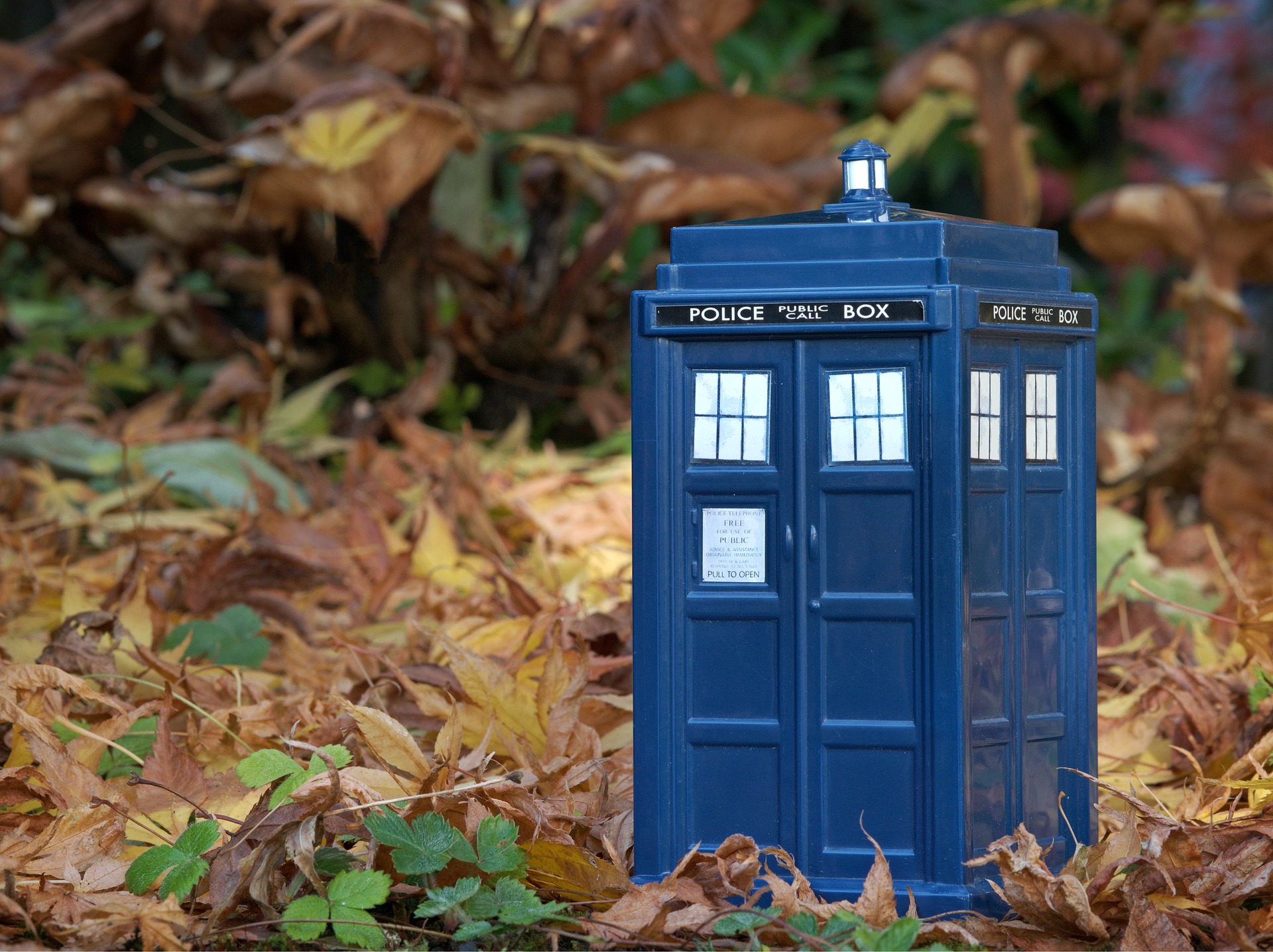
“Am I a Good Man?”―Personal Growth and Morality in Doctor Who
Marshall Tankersley
If you want to scare someone, really scare them, all you need to do is ask: what makes a good person? Humanity has, collectively and individually, struggled with this question since the first bite was taken from Eden’s forbidden fruit and the idea of a bad person was first brought into terrible existence. For various reasons, this question seems to have gained a more pressing feel to it recently, with people and institutions previously assumed to be ‘good’ revealing themselves to be far more terrible than anyone realized. With that background, the last three years of the British science-fiction show Doctor Who takes on a whole new light, and becomes rather more prescient and pressing than previously realized. The reign of the Twelfth Doctor (Peter Capaldi) has been concerned with trying to answer the lead character’s wrestling with the question of whether he was a good man anymore, a dynamic that has led the show down a strangely intriguing route.
Doctor Who’s eighth series begins after the Doctor has suffered what the show terms a ‘regeneration.’ As a time-traveling Time Lord from the planet Gallifrey, the Doctor is endowed with the ability to change every cell in his body in extreme circumstances, even being able to heal himself from mortal injuries. The only downside to this is that it turns him into an (almost) completely new person, with an entirely new appearance and (to an extent) personality. The core of the character remains, but how it is expressed changes. To date, thirteen actors have taken the role since its inception in 1963 (with a fourteenth, Jodie Whittaker, entering on Christmas Day 2017), though the show’s internal logic limits the number of Doctors to Twelve.
Series eight sees the newly-regenerated Twelfth Doctor struggling to come to terms with his new self, especially as he asks whether he is a good man or not. With his mind and personality in disarray, the Doctor isn’t sure who he is anymore. This sets off a journey of discovery and character development, with Capaldi’s Doctor growing to the extent that he’s willing to sacrifice his life for others.
The most recent series of Doctor Who (series ten in Spring/Summer 2017) featured a Doctor weathered from his prior experiences in losing long-term traveling companion Clara Oswald (Jenna Coleman) in a series of inexplicable events. The Doctor, never one to stay down for long, soon assembles a new traveling crew in the characters of Nardole (Matt Lucas), an alien determined to be the Doctor’s voice of reason, and Bill Potts (Pearl Mackie), a student who stumbles upon the Doctor’s magically mysterious way of life and joins him on his travels. Over the course of the series, the trio learn more about one another and about life in general, including Bill’s coming to terms with her past and her lack of knowledge about her mother, the Doctor’s relationship with his enemy-turned-friend Missy, and Nardole’s growing into the leader of a straggling band of survivors.
While the earliest series with Capaldi’s Doctor showed him to be an utterly alien figure with a far harsher demeanor than the Doctor had hitherto possessed, series ten sees the character development come full circle. In his pondering about what it means to be a good man and wondering how he could prove to himself and to those around him that he is a good man, the Doctor discovers not only if that is a characteristic he possesses but also what being a good man really means.
Instead of being the kind of person who barges into situations and interacts with people without caring about them or their feelings, the Doctor turns into a hero who puts others and their needs before his own. He discovers that to be a good man, one must be prepared to sacrifice for those around you. This may take the form of laying down one’s life (as the Doctor was prepared to do in the episode The Pyramid at the End of the World) but it extends much farther than that. The self-sacrifice the Doctor rediscovers is one that is so focused on the wellbeing of others that it puts their needs before one’s own all the time. It is a great thing to give up one’s life once for others, but it is far harder to lay your life down every single day in a myriad of smaller, everyday situations. As the Doctor explains his philosophy in the season finale The Doctor Falls, he travels around righting wrongs and helping people for no better reason than that it is the kind thing to do. It’s not because he wants to make a grand gesture or because he feels obligated, but rather because it is the right thing to do and puts the needs of the innocents of the universe first.
In this way, Doctor Who speaks to the modern world in a profound way. While the culture (especially the aspects of it showcased on social media) focus on what it means to be good and the ostracization of those deemed not-good, it is far too easy to miss the basics of the principle. While social media is a very useful tool for organizing likeminded individuals in the combat of what is evil, far too often this can devolve into nothing more than an unruly mob, striking out at anyone with any hints of ideas contrary to the mob’s. In the fight for what is right, the foundation of laying oneself down for others and simply being kind has been lost. What Doctor Who shows us, however, is that this need not remain the case forever. In fighting for what is good and seeking to be moral, one must not forget to be kind.